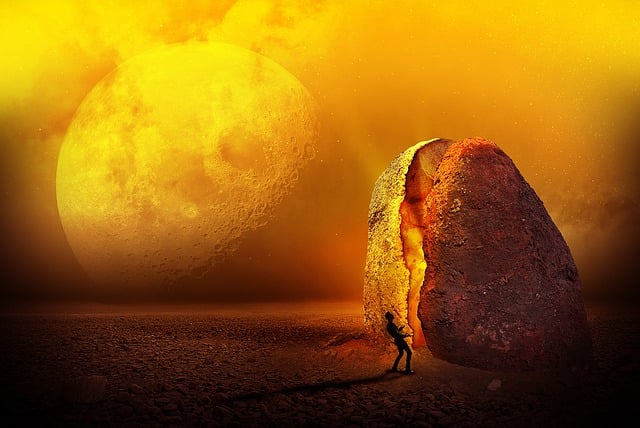Empathy as an Answer to Challenges of the Anthropocene in Asian American Young Adult Science Fiction
DOI:
https://doi.org/10.31273/eirj.v10i2.958Keywords:
ecopedagogy, empathy, Anthropocene, Asian American literature, young adult fiction, science fictionAbstract
This article suggests that Malinda Lo’s Adaptation duology (2012-2013) and Cindy Pon’s Want duology (2017-2019) represent empathy as a desirable answer to challenges of the Anthropocene. Set in near-future Taipei, Want follows a group of teenagers who eventually become militant environmental activists. The teenage protagonists’ capacity for empathy distinguishes them from the villainous antagonist and makes them likeable for the readers despite their violent tactics. Lo’s duology features two teenagers who are turned into human/alien hybrids by extra-terrestrial scientists after a nearly fatal car accident. The procedure equips the protagonists not only with an accelerated healing ability, but also gives them access to other people’s emotions through touch. Although the teenagers at first experience their newfound superpowers as a burden, they slowly realise their significant potential for changing humanity for the better. My article will combine close readings from the novels with research from ecopedagogy to explore in how far novels like Lo’s Adaptation and Pon’s Want can encourage readers to treat their fellow human beings as well as more-than-human life forms with more empathy.
Downloads

Downloads
Published
Issue
Section
License
Copyright (c) 2023 Alena Cicholewski

This work is licensed under a Creative Commons Attribution 4.0 International License.
Authors who publish with this journal agree to the following terms:
Authors retain copyright and grant the journal right of first publication with the work simultaneously licensed under a Creative Commons Attribution License (CC-BY), which permits use and redistribution of the work provided that the original author and source are credited, a link to the license is included, and an indication of changes which were made. Third-party users may not apply legal terms or technological measures to the published article which legally restrict others from doing anything the license permits.
If accepted for publication authors’ work will be made open access and distributed under a Creative Commons Attribution (CC-BY) license unless previously agreed with Exchanges’ Editor-in-Chief prior to submission.
Authors are able to enter into separate, additional contractual arrangements for the non-exclusive distribution of the journal's published version of the work (e.g., post it to an institutional repository or publish it in a book), with an acknowledgement of its initial publication in this journal.
Authors are permitted and encouraged to post their work online (e.g., in institutional repositories or on their website) prior to and during the submission process, as it can lead to productive exchanges, as well as earlier and greater citation of published work. (see: The Effect of Open Access)
